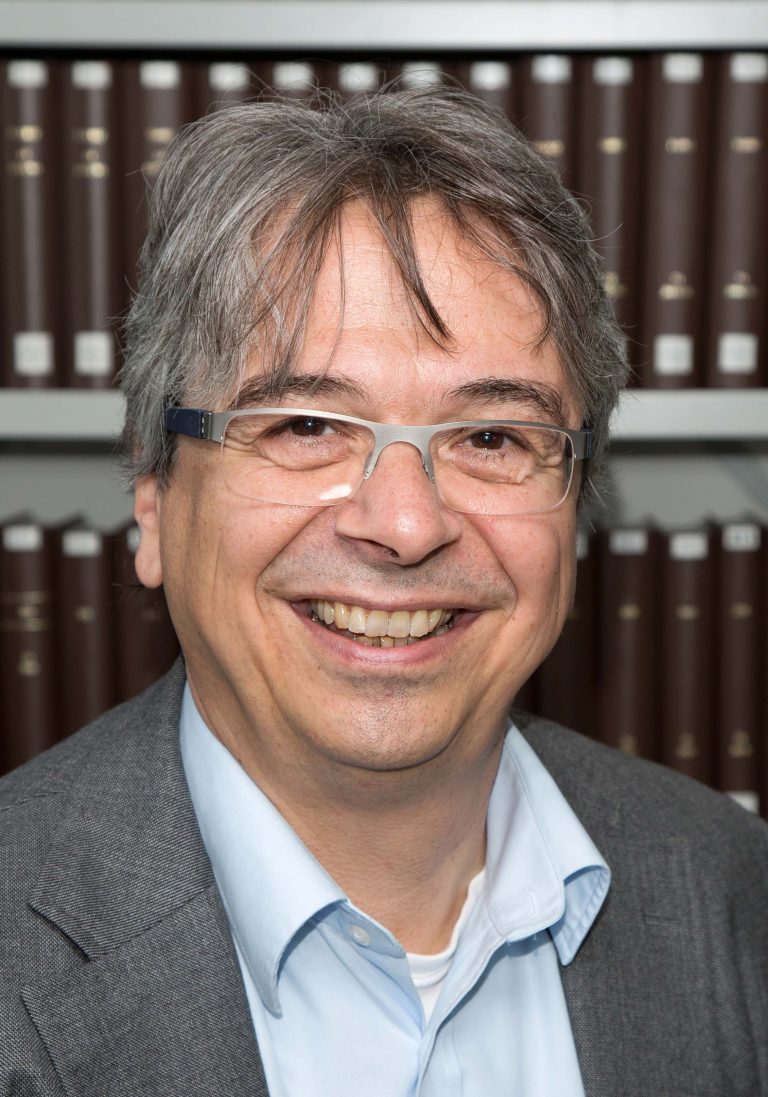This project investigates modes of coping, adaptation, and transformation in a central contact and exchange region of the Mediterranean world while adopting a socio-economic and socio-political perspective. In contrast to Central and Upper Italy, the lands of the Regnum Siciliae and later Kingdom of Naples were marked by Greek and Muslim cultural influences and by the dominance of central governance established in the Norman and Staufen periods. From the mid-thirteenth century on, however, the region suffered convulsive political upheavals and disruptions. Frederick II’s death ushered in a phase of destabilization in Southern Italy. Following the demise of the Staufen and the rise of King Charles I of Anjou, twenty years of conflict between the Angevin and Aragonese houses led to the division of the Regno into separate kingdoms on Sicily and on the mainland. These events brought about the devastation of large areas, serious food crises, and convulsive social change – the old elites fled the country, groups lacking in resources (for example religious minorities) became vulnerable and new social groups arrived.
In two funding periods, this project will investigate the ensuing coping and adaptation efforts on the mainland kingdom. During the first, we will analyse the manifold measures taken by the Angevin rulers in the economic sector and their effects. Our special focus will be placed, on the one hand, on state governance, i.e., new strategies and forms of economic enterprise in agriculture, forest management, and mining, aimed at compensating the loss of production areas (on Sicily), consumer markets, and sources of supply (in Northern Africa), but also of harvest failures and food crises. On the other hand, consideration will be given to the rise of new trade relations with Southern France and the Dalmatian coast, and to processes of transfer and their agents in connection with the new approaches in measures in economic policy . Groups of experts, specially recruited from the Franco-Provencal cultural sphere, appear as an important resource for resilience.
In the second funding period we will investigate towns and cities as spaces of resilience, concentrating on the modes of political participation in reaction to political, social, and economic disruption. In both funding periods the side effects of hierarchical regulation and self-governance will also be analysed, in order to enrich the debate on the long-term causes of the ‘Mezzogiorno problem’ with findings from resilience research.

